It always seems like it’s two steps forward, one step back on the affordable housing front. [….]
Locally, the Affordable Housing Alliance of Central Ohio praised the “incremental progress,” although it said the past year was “a rollercoaster of good news and bad.”
The alliance cited several positive developments in the region:
Reynoldsburg modernizing its zoning code to encourage walkable, dense, mixed-use neighborhoods along commercial corridors.
Columbus’ $50 million investment in affordable housing.
Bexley bolstering housing rights with “source of income” legislation preventing discrimination against renters using public subsidies, a move since followed by Columbus, Westerville and most recently, Reynoldsburg. […]
We can debate who’s getting the money and whether we can afford it, but there’s no question more assistance is needed to get more people housing-secure.
Carlie Boos, the alliance’s executive director, called for setting aside 30% of the funding for housing.
“If we target this money to get the housing train back on its tracks and cure the damage caused by Covid, we can make our recovery swift and equitable,” the alliance said.
The roadblocks are many, however, including rising costs for land, lumber and labor that make affordable housing projects more difficult.
The alliance counted 22,000 units added in the region from 2017 to 2019 that rent for more than $1,250 a month, while the region lost 19,000 units at under $900 a month.
Let’s just remember all this as we celebrate the return to ‘normalcy.’

